Care of Coughs, Colds, Sore Throats, and Fevers

General advice for upper respiratory infections
Handwashing with soap and water for at least 15-30 seconds covering all surfaces of the hands & fingers, rinsing well & drying thoroughly is the best way to avoid spreading infection. If hands are not visibly soiled, using an alcohol-based hand rub can also be effective. Be sure to cover all surfaces of hands and fingers until hands are dry. Clean hands frequently.
Prevent the spread of the virus. Try not to sneeze or cough near others. Use paper tissues to decrease handling nasal secretions. Avoid touching your eyes, mouth, and nose as much as possible.
Symptomatic treatment is the mainstay of treatment for upper respiratory infections. Use your medications properly. Read the labels of medication(s) and follow directions closely.
Avoid using combination products to treat your symptoms. Treat symptoms individually and don't take products that contain medications for symptoms you aren't experiencing. Combination products may cause unnecessary side effects.
Antihistamines may not be helpful and have side effects such as drowsiness. The value of an antihistamine in the treatment of an upper respiratory infection remains controversial. Antihistamines are present in many cough/cold combination products.
Avoid alcohol and recreational drugs. These lower your body's resistance to infection.
Rest. Resting for a day or two at 8-10 hours per day increases your ability to fight infection and prevent complications.
Antibiotics are not helpful for a cold. URI's are caused by viruses. Antibiotics fight bacteria, not viruses. Unnecessary antibiotics may lead to antibiotic-resistant bacteria (often needing treatment in the hospital), allergic reactions, and/or side effects such as nausea, vomiting, and diarrhea.
Symptoms and Management Tips:
Nasal congestion and/or nasal discharge
Use nasal decongestant (oxymetazoline, such as Afrin®) or oral decongestant (pseudoephedrine, such as Sudafed®) to shrink nasal passages; use nasal decongestants for 3 days or less to prevent rebound congestion. Don’t smoke and avoid secondhand smoke. Drink plenty of fluids, especially water. Drink hot liquids and eat hot soup to loosen nasal congestion. Use a saline spray for dry nasal passages. Note that oral decongestants must be signed out.
Seek medical attention when you have symptoms that are not improved after 10 days, symptoms that are worse after 5-7 days, fever that is greater than 100.4°F or 38°C, a headache that does not go away, or a rash.
Cough
Use expectorants (guaifenesin, such as Robitussin® or Mucinex®) to thin and loosen mucous for a wet cough; use cough suppressants (dextromethorphan, such as Delsym® or Robitussin DM®) for a dry, hacking cough. Drink plenty of water to loosen mucous. Use hard candy such as Halls® or honey to quiet cough. Don’t smoke and avoid secondhand smoke.
Seek medical attention when you have a cough that lasts longer than 2 weeks, a cough that is accompanied by shortness of breath, wheezing, difficulty breathing, or chest pain, a fever that is greater than 100.4°F or 38°C, or a rash.
Sore throat
Drink plenty of fluids and/or use hard candy to keep your throat moist. Use warm saline gargles every 3-4 hours (1tsp salt in 8oz warm water). Use lozenges (such as Cepastat®), gargles, or sprays containing antiseptics (such as Chloraseptic®) and topical anesthetics every 3-4 hours for pain. Don’t smoke/avoid secondhand smoke. Take an oral pain reliever (see info below).
Seek medical attention when you have rapid onset of throat pain (overnight for example), severe throat pain, sore throat with no other symptoms, neck glands that are large and tender, fever that is greater than 100.4°F or 38°C, a rash or difficulty breathing.
Fever
Drink plenty of fluids to prevent dehydration, even if you do not feel thirsty. Take oral pain reliever/fever reducer.
Seek medical attention when you have a fever that is greater than 100.4°F or 38°C, fever unresponsive to fever reducer, fever present for more than two to three days, or a rash.
Body aches / fatigue
Get plenty of rest—at least 8-10 hours of sleep with rest periods during the day. Take an oral pain reliever.
Seek medical attention when you have persistent fatigue for more than 8-10 days or a rash.
Earache
Take an oral pain reliever.
Seek medical attention when you have ear pain.
Oral Pain Relievers/Fever Reducers
Acetaminophen (Tylenol®) - for pain/fever. Comes in 325 or 500 mg tablets. Can take 650-1000 mg 3 times daily. Do not exceed 4,000 mg/24 hrs. Some OTC cold and flu medications contain acetaminophen.
Ibuprofen (Advil®) - for pain/fever/inflammation. Comes in 200 mg tablets. Can take 400-600 mg 3 times daily with food. Do not exceed 2400 mg/24 hrs.
Naproxen sodium (Aleve®) - for pain/fever/inflammation. Comes in 220 mg tablets. Can take 220 mg - 440 mg twice daily with food.
